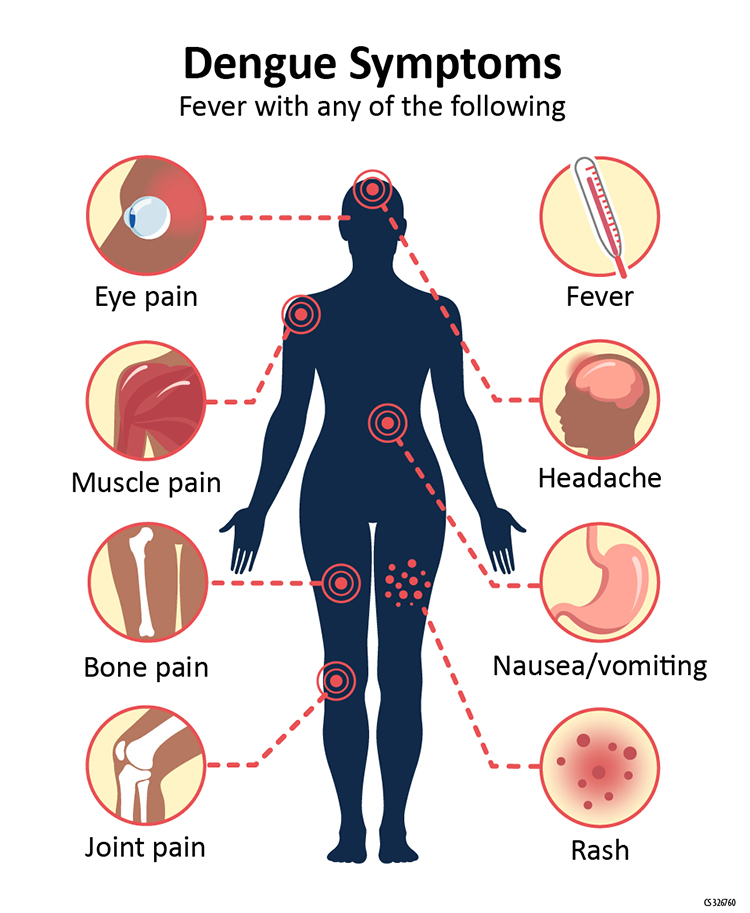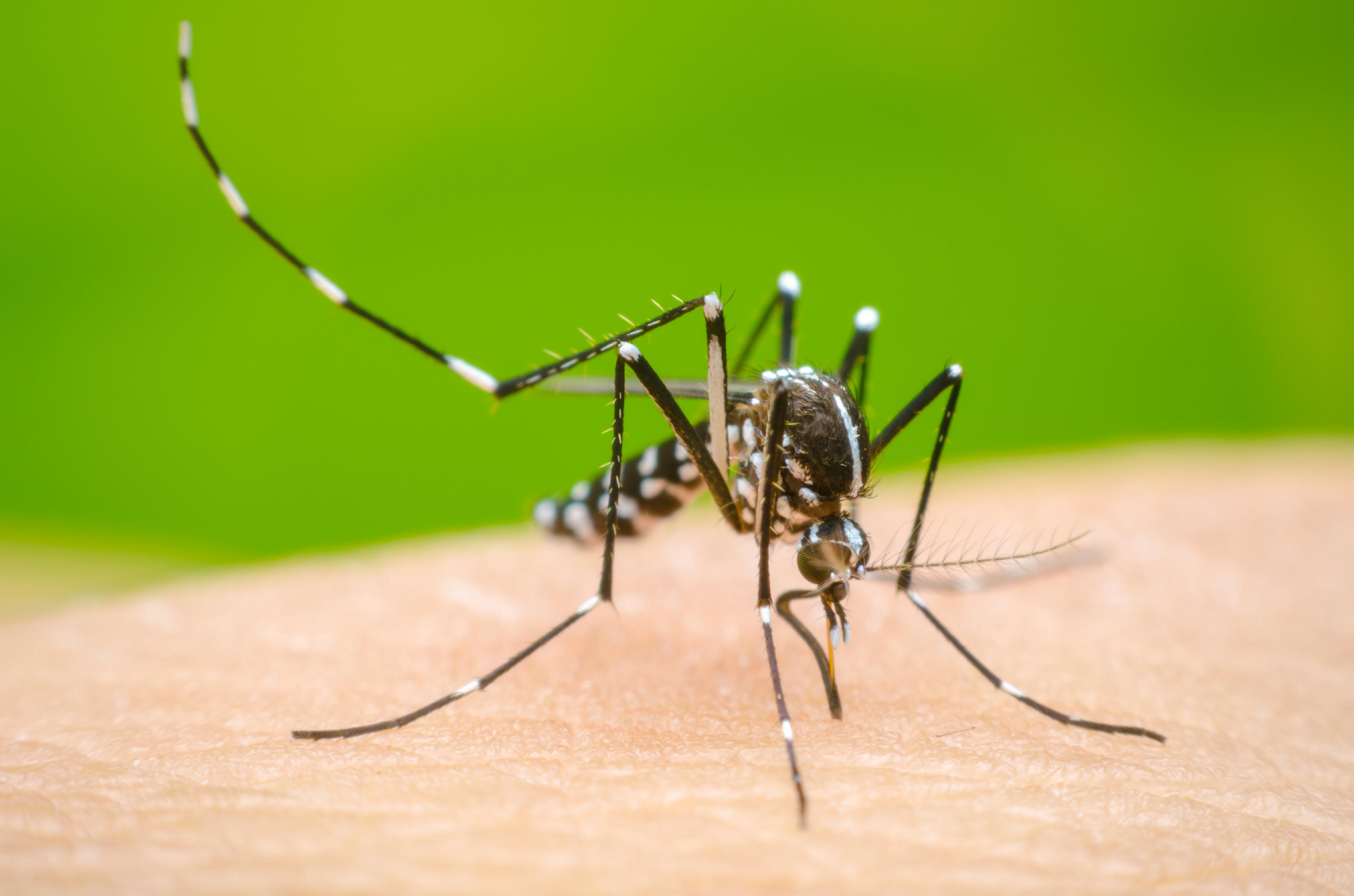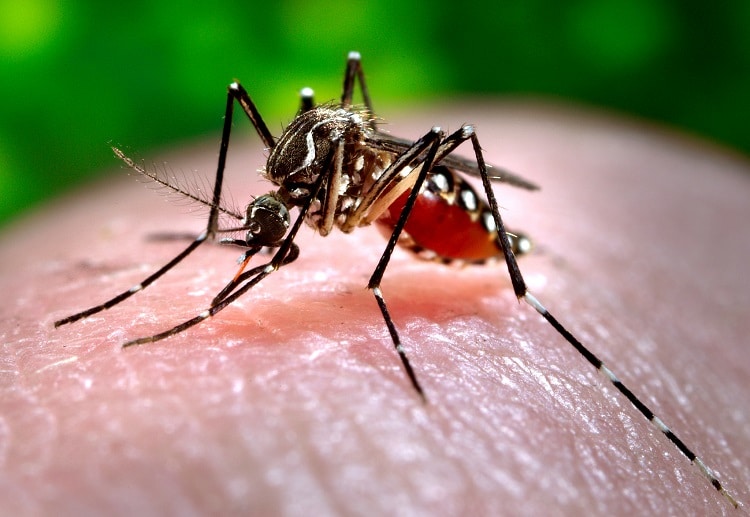Several states like Delhi, West Bengal, and Uttar Pradesh have reported an outbreak of the mosquito-borne disease in recent months after the post-monsoon season, leaving the state and civil authorities in dismay and fear.

Rising dengue infections can be fatal if not detected early.
Mosquito-Borne is transmitted when its major spreader, Aedes aegypti mosquito bites someone who is infected and then transmits the virus in the daytime to another person by biting him or her.
The largest number of Mosquito-Borne cases ever reported globally was in 2019. Breakbone disease is widespread throughout the tropics, with local variations in risk influenced by climate parameters as well as social and environmental factors.
Given that most of the symptoms associated with different vector-borne illnesses are the same, there can be great confusion when it comes to identifying the source of such diseases.
Dengue is caused by a virus of the Flaviviridae family and there are four distinct, but related, serotypes of the virus that cause dengue.
Recovery from infection is believed to provide lifelong immunity against that serotype. However, cross-immunity to the other serotypes after recovery is only partial.
Read More: East Asia Summit Southeast Asian Leaders call for unity amid global tensions
In 2020, a High number of cases were reported in Bangladesh, Malaysia, the Philippines, Vietnam, India, Nepal, Singapore, Sri Lanka, Sudan, Brazil, and Yemen.
The risk of Dengue infections has increased dramatically but although an estimated 100-400 million infections occur each year, over 80% are generally mild and asymptomatic.
With COVID-19 pressurizing the management of national health departments, WHO has emphasized the importance of sustaining efforts to prevent, detect and treat vector-borne diseases during this pandemic.
Statistics reveal that dengue cases are being worse this year, and various factors can increase one’s risk of catching dengue.
In addition to this, patients with dengue are left with agonizing pain, a high temperature, and weakness, causing the blood platelet count to drop.
Doctors and medical experts have warned that reinfections can cause serious illness and may even prove to be fatal if not diagnosed and cured promptly.
A quintessential data this autumn shows how young people are dying in local hospitals in Kolkata and Lucknow.

History is the witness, showing that a second dengue infection within 18 months of the first one can have serious clinical and medical implications.
More than 80% of patients in Pune have been diagnosed with reinfection this month but only 10% have developed complications, said Dr. Rajesh Gadia of KEM Hospital.
Taking a toll on people, major urban cities like Delhi, Jaipur, Barmer, Pune, Gorakhpur, Chennai, Mumbai, and Allahabad are seen as vulnerable zones of the disease.
Kolkata has logged more than 3,500 dengue cases till October-end this year. Amid the rise in cases, garbage littered openly on roads and public grounds is feared by civilians to turn into breeding grounds for dengue-causing mosquitoes.
As dengue cases are on the rise, people are being advised to clear water from coolers, broken utensils, and unused tires and keep a check on mosquito-affected areas.
The Indian Council of Medical Research (ICMR), Regional Medical Research Centre Gorakhpur (RMRC), and the health department are also carrying out joint operations to capture adult mosquitoes and larvae to study them to control future dengue cases.
Bengal health authorities are trying to trace and detect previous infections in patients after an upsurge in repetitive cases. More than 30% of dengue cases in children are reinfections, said Dr. Prabhas Giri of the Institute of Child Health, Kolkata.
Furthermore, a senior physician in Mumbai addressed, ‘dengue is undercounted in metros. If the first bout is mild, it may go unnoticed. The findings can be misleading as people often don’t get tested or the test itself is not performed correctly.
The search for specific treatments for dengue hasn’t been found yet but early detection of disease progression associated with severe dengue, and access to proper medical care lowers fatality rates of severe dengue to below 1%.
In the worst scenarios, recovery might even take months and evolve in worrisome ways. However, with appropriate medical management and adequate governance with timely care, symptoms can be diminished and fatalities can be checked.

Some practitioners suggest that a healthy lifestyle and some of the best foods can be added to your diet if you are recovering from dengue.
These include oatmeal, herbs and spices, pomegranate, papaya leaves, coconut water, broccoli, herbal tea, and yogurt.
Early detection of dengue or chikungunya-related symptoms can also be dealt with with supportive care such as fever reducers and painkillers which can control the symptoms of muscle aches and pains, and fever.













